ROUTINE HOME APPLIANCE PROBLEMS TO AVOID
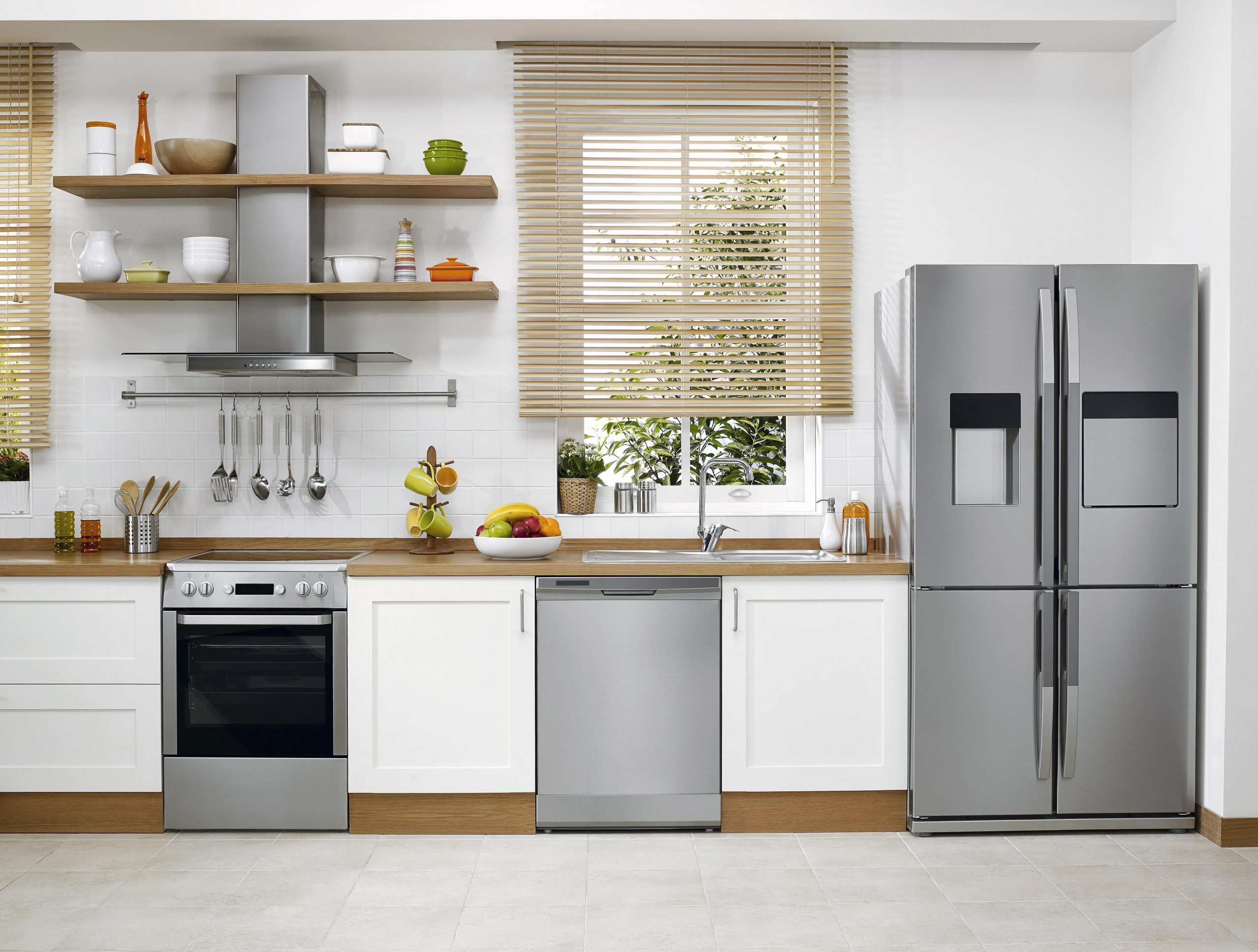

Let’s face it: Repairs and maintenance are just a part of homeownership. Despite how reliable and valuable our household appliances are, they’ll need repairs one day. No matter if it’s cooktops, wall ovens, washers, or even the water heater, it’s bound to suffer a breakdown at some point.
However, these troublesome breakdowns and problems can be avoided with the proper care. Maintenance is much more than simply wiping down the surface from time to time. So, you need to know how to care for each of your essential appliances to avoid these routine problems.
In addition, a home warranty plan is a perfect way to prepare for certain problems, as some issues with home appliances simply can’t be avoided. When problems like these arise, the best way to stay ahead of expensive repairs is to have a quality home warranty policy with a top-rated home warranty company like America’s First Choice Home Warranty. Our team is here to help you with comprehensive coverage when it comes to common household appliance breakdowns.
That all said, whenever you can avoid routine appliance problems, you should. So, in this article, we’ll explore some common major appliance problems you should avoid, signs of these issues, and some ways you can prevent them. Let’s get into the specifics.
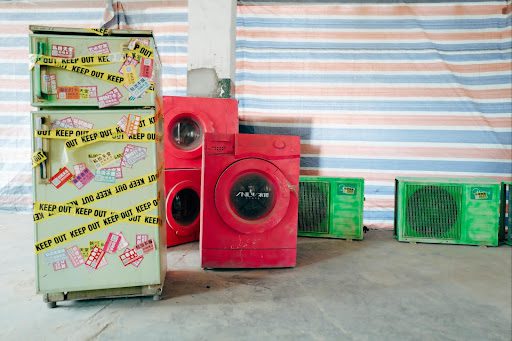
One of the most common signs of a problem is poor performance. For example, if it seems like it’s taking longer to dry clothes, food is thawing and refreezing, or your oven is taking longer to preheat, your appliance is likely experiencing a malfunction. These malfunctions can all be caused by various issues, but they will interfere with an appliance’s performance.
When it comes to your major appliances that use water, you should watch out for leaks. Never ignore even the smallest leak from a refrigerator, washing machine, or dishwasher. When these tiny leaks are neglected, they only get worse with time, leading to mold problems and water damage. A leak is a sure sign of a problem, likely due to a damaged seal.
If you notice that your utility bills are steadily climbing, you may be dealing with a problem. Whether from electrical appliances or gas appliances like wall ovens, stoves, and cooktops, malfunctions will make the appliance less energy efficient. This poor efficiency means it will use more energy to do its basic functions, increasing your energy bill.
Any appliance in your house is going to make noise while it operates. However, if you hear new or unusual sounds that are unexpected, you probably have a problem forming if it hasn’t already. So, keep an ear out for unusually loud clanking, buzzing, humming, or any other odd noise to spot an issue.
This next sign is primarily geared toward electrical appliances. If you smell something burning coming from one of your essential appliances, it’s likely close to a breakdown. Burning smells coming from major appliances typically indicate overheating. Overheating puts a lot of strain on a machine and will quickly cause a breakdown.
If one of your household appliances will not turn on, it probably needs repairs. However, there are a couple of things to check first. First, check to ensure it’s plugged into an electrical outlet, not a surge protector or power strip. Next, check your breaker box to ensure it didn’t trip its circuit breaker. If everything checks out, your appliance has likely experienced a major malfunction.
Now that you know some of the most important signs to look out for when it comes to routine home appliance problems, let’s check out some of the specifics for these problems you should avoid.

Some of the most common problems homeowners run into with washing machines and clothes dryers are damaged drum bearings, burnt-out motors, damaged drive belts, and broken door locks or hinges. These issues can make for expensive repairs and a terrible inconvenience. However, you can avoid them with one simple tool: the owner’s manual.
One of the most common causes of problems like these is exceeding the machines’ weight limits. Every washing machine and dryer has a weight limit, and overloading these essential appliances with dirty clothes will only lead to excessive wear and tear, causing issues. So, consult your owner’s manual and keep it handy if you need to review it to ensure your machines last as long as possible.
Some of these issues can also be caused by a clogged lint screen in your clothes dryer. This minor routine task can lead to major malfunctions if ignored. A clogged lint trap will make your clothes dryer work harder to dry clothes, causing the machine to overheat. As a result, issues like burnt-out motors and drive belts are likely to follow. So, remember to clean out your lint trap between every clothes-drying cycle. If your clothes dryer’s lint screen is gunked up by fabric softener or dryer sheet residue, soak the screen in hot water and scrub it using a soft-bristled brush and dish detergent.

Your gutters perform the very important task of removing water from your roof and directing it away from your home. Gutters positioned with an appropriate slope will enable water to flow freely and drain correctly. If your gutters have become loose and have worked away from their original slope, you will have water drainage issues. A gutter without enough slope won’t move unwanted water away or may hinder drainage altogether. On the other hand, if a gutter has too much slope, the water may drain away too quickly and forcefully, which could damage your home’s exterior.
Experts suggest that your gutters have a slope of one-fourth of an inch for every 10 feet of gutter. You will want to ensure that you inspect your gutters regularly to check for an appropriate amount of slope. Checking the position of your gutters is part of your routine care and maintenance and will help ensure that you get the best results. Aside from the slope, you should also check for the right amount of tilt. Gutters that are leaning too far forward or backward will allow water to pool instead of drain correctly. The tile and slope of your gutters will need to be checked regularly for needed adjustment.
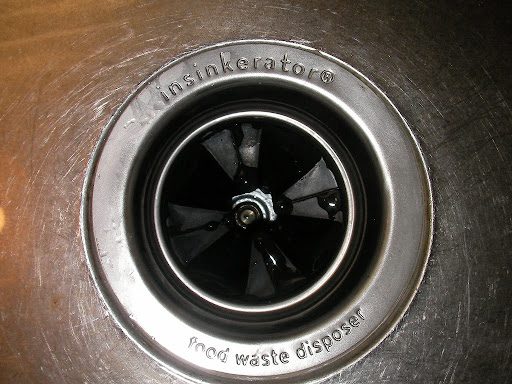
Garbage disposals are the best at helping you get rid of food waste, but a burnt-out motor can stop any garbage disposal in its tracks. Unfortunately, burnt-out motors are among the most common issues garbage disposals experience. Their motors most often burn out from poor maintenance and improper usage.
Many homeowners think that simply running hot water out of the faucet is enough to rinse away any buildup forming around their garbage disposals. However, that’s not enough to keep your disposal running smoothly. To properly clean your disposal, cut the power to the unit, lift the rubber splash guard’s flaps, and scrub away any food waste buildup with a brush and grease-cutting cleaner.
Another cause of a burnt-out motor that’s easily avoidable is putting food waste that’s too hard into the garbage disposal. These devices may grind food waste, but they are not made for tough food. For example, you should avoid grinding up bones, fruit pits, corn cobs, or other hard foods. These items will force your unit to work much harder to do its job, leading to a burnt-out motor.
Not to mention, if you’re ever concerned that your disposal is working too hard, remember that these house appliances often have an overload feature. This feature will force the unit to shut off if the motor is straining excessively. When this happens, there’s a reset button located on the underside of the unit you can press to restart it once the motor has cooled down.
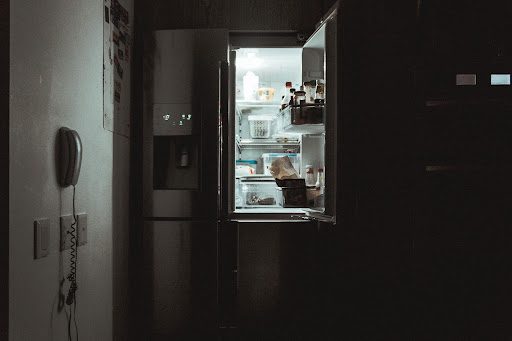
Two of the most common problems refrigerators deal with are overheating and bad door seals. Both of these scenarios can run up the cost of repairs and cause food to spoil. Not to mention, an overheating refrigerator will also cause your utility bill to increase. So, to avoid these problems, you need to keep up with your fridge’s regular maintenance.
All too often, homeowners clean the fridge doors and dust the top off, considering it a job well done. However, there are a couple of other components of your refrigerator that need some attention. Every fridge has coils located on the back or underside of the unit. These coils condense and cool refrigerants to regulate the temperature inside of the unit. Your refrigerator’s coils will accumulate dust and dirt over time, preventing them from efficiently releasing heat. As a result, the refrigerator needs to work harder to regulate temperature, causing the home system to overheat. Keep these coils free of dirt and dust by using a vacuum cleaner to suck away the debris every six months to prevent your unit from overheating.
When it comes to a bad door seal, poor maintenance is usually the culprit as well. Your refrigerator door is lined with a rubber gasket that is exposed to all sorts of spills from food, drink, and condiments. When this food waste isn’t cleaned off regularly, it makes the gasket sticky. As the debris accumulates, the gasket will eventually tear away from the door, preventing the refrigerator from sealing correctly. As a result, the unit cannot keep the inside temperature regulated, and your food may spoil. Until the gasket can be repaired, your refrigerator is rendered useless. Regularly clean your door gasket using a soft cloth with warm water and mild soap to avoid this common problem.
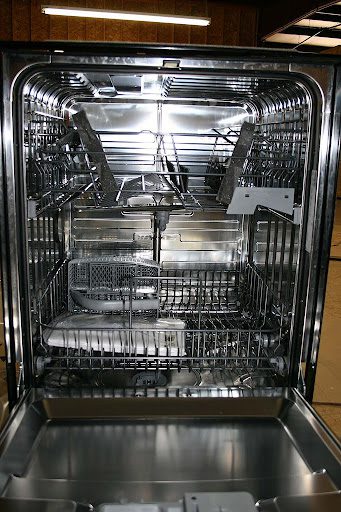
Unfortunately, some of the most common issues with dishwashers are the most expensive repairs. Problems with a dishwasher can cause it to overflow or leak, leading to costly appliance repairs and expensive home repairs. If you want to avoid these expensive home repairs, you’ll need to keep up with some routine maintenance.
Dishwashers have filters situated on the floor inside of the unit. You simply unscrew the top and lift out the filter to clean it. If you don’t know where your dishwasher’s filter is, it’s probably already clogged with food waste. As your dishes are sprayed and cleaned, the excess food waste runs with the water into the filter. The filter is responsible for catching this debris to prevent it from clogging your plumbing pipes. However, the filter gets clogged as a result. As this food waste settles in the filter, it decomposes into a slime-like consistency, further clogging the filter. Running your dishwasher with a clogged filter doesn’t allow water to escape quickly enough, leading it to overflow. You should clean your filter once a week to prevent this problem by running it under warm water and scrubbing the filter using a soft-bristled brush and dish soap.
Aside from overflowing, dishwashers can start leaking due to a damaged door gasket, similar to refrigerators. A dishwasher door gasket is exposed to even more food waste than refrigerator door gaskets, so it’s imperative to keep them clean as well. Other than the risk of the gasket tearing away from the door, stuck-on debris can create a small hole in the seal, allowing water to leak during a dishwashing cycle. Remember to periodically wipe down this gasket with warm water and mild soap to clean away debris.
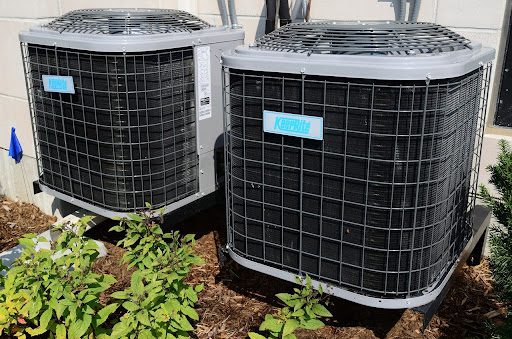
HVAC units are outdoor appliances constantly exposed to the elements. These types of appliances continue to function through wind, rain, snow, and excessive heat. However, this normal wear and tear can lead to a system failure without proper maintenance. It’s usually more severe when your HVAC system breaks down than a poorly performing dryer or faulty washer. This home system is the only thing standing between your whole family and extreme temperatures, so it’s crucial to keep up with the maintenance of these home systems.
Yearly maintenance checks and tune-ups from a professional HVAC technician are vital to the functionality of your heating and cooling system. A technician will know what signs to look out for and how to keep your unit in tip-top condition. So, consider adding this minor expense to your budget to ensure you avoid any breakdowns.
One of the most frequently forgotten maintenance tasks for any homeowner is changing the air filters on time. While most of us at least remember to change the air filters eventually, it’s more than likely not often enough. These air filters remove all of the dirt, dust, and other toxins floating around the air in our homes as the HVAC unit circulates the air. When the air filters become clogged, they force the unit to work harder. As a result, your utility bill will increase, and the unit may break down. So, remember to change your air filters every three months. If you have pets, change them every two months to account for the additional pet dander and hair.
At America’s First Choice Home Warranty, we specialize in home warranty plans designed to help you prepare for unexpected appliance problems. While many situations are preventable with proper maintenance, some can’t be accounted for. Therefore, a home warranty policy with comprehensive coverage will help lighten the load.
If you’re interested in learning more about avoiding appliance problems or our home warranty options, visit our homepage or contact us today.

Coverage not available in CA, WA and HI